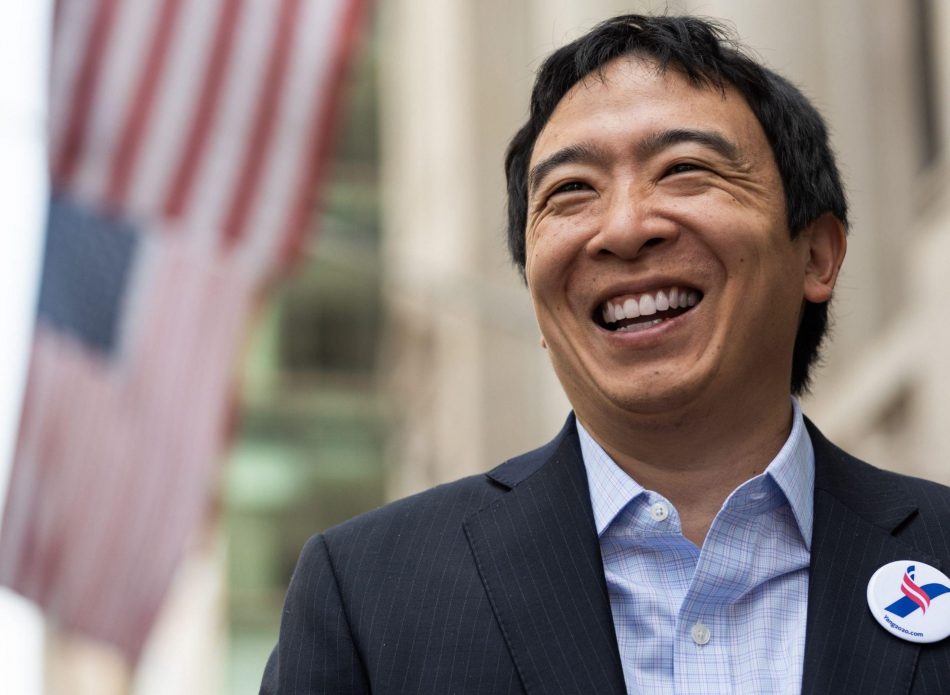Many people scoffed at Andrew Yang when he ran for president this past year on the single issue of universal basic income (UBI). Foreseeing mass job loss in the future, Yang wanted to introduce something he called a “Freedom Dividend,” which would provide every American adult with a basic income of $1,000 a month, no strings attached.
While many people might have raised their eyebrows at Yang’s Freedom Dividend just months ago, it now seems Yang was way ahead of the curve. The government has already sent out $1,200 checks to millions of Americans devastated by the economic downturn that came with Covid-19.
In the private sector, a number of philanthropic cash relief programs have sprung up, including The $1K Project which has just partnered with Yang. Started by venture capital investors Alex Iskold and Minda Brusse, the initiative is a direct-giving service that matches “trusted” cash donors to those in current economic distress—and whose needs were not met by the government’s paltry actions.
Connecting those benefactors to the families happens via a process of nominations and sponsorships. Families can be nominated to receive cash by people or organizations who know and can vouch for them. Small business employers may nominate workers they’ve been forced to lay off or furlough. To reach a wider span of recipients, the group has also partnered with 37 nonprofits, representing different industries, geographic locations, and communities, which can nominate people in their networks.
“The core of what we were trying to accomplish was: how can we fund families fast?” Brusse says.
The “trusted connection” model helps with the speed. The nominees have already been vetted by trusted people or groups. Approved families join a short queue and are contacted once matched with a “sponsor,” a person who’s volunteered to send money to a beneficiary. Usually, that’s in the form of $3,000, over a three-month period or in a lump sum. As of August 6, 395 people had received the $3,000, totaling almost $1.2 million.
Humanity Forward, Andrew Yang’s nonprofit created to further the UBI movement after his presidential run, announced last week it would set aside $1 million to match all donations going forward, essentially doubling the number of families able to receive funds. Yang tells Fast Company that part of the appeal was the direct transfer model, allowing sponsors to feel like they’re actively helping specific individuals, without any of their dollars going to organization overheads or fees.
The $1K Project isn’t strictly UBI, because it’s not public or universal, but Yang says it shows the positive impact that UBI could have. “We’re seeing now that cash in people’s hands has an incredibly powerful effect,” he says.
Iskold reports that recipients have been spending their sums on essentials like food, rent, and electricity. Rather than a long-term solution, he views the payments as a “bridge to help families get back on their feet.”











